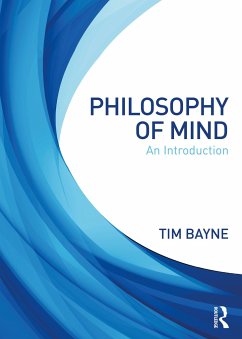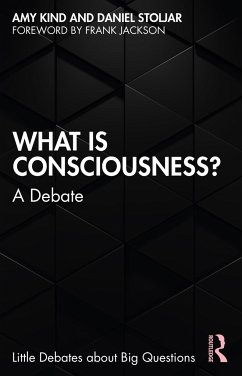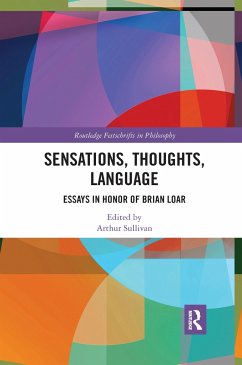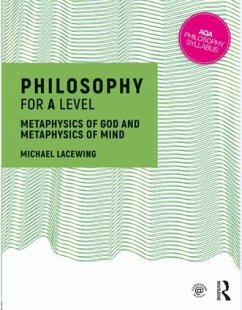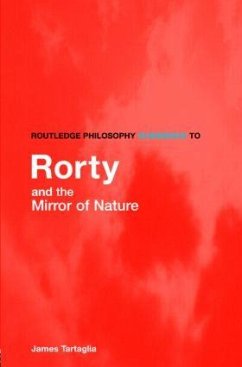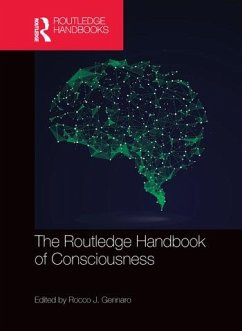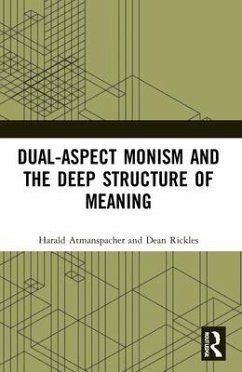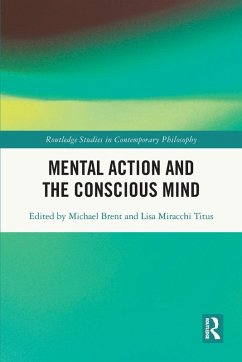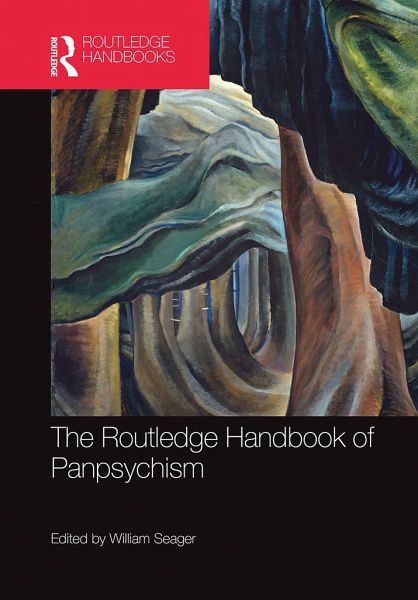
The Routledge Handbook of Panpsychism
Versandkostenfrei!
Versandfertig in 6-10 Tagen
50,99 €
inkl. MwSt.
Weitere Ausgaben:

PAYBACK Punkte
25 °P sammeln!
Panpsychism is the view that consciousness - the most puzzling and strangest phenomenon in the entire universe - is a fundamental and ubiquitous feature of the world, though in a form very remote from human consciousness. At a very basic level, the world is awake. Panpsychism seems implausible to most, and yet it has experienced a remarkable renaissance of interest over the last quarter century. The reason is the stubbornly intractable problem of consciousness. Despite immense progress in understanding the brain and its relation to states of consciousness, we still really have no idea how cons...
Panpsychism is the view that consciousness - the most puzzling and strangest phenomenon in the entire universe - is a fundamental and ubiquitous feature of the world, though in a form very remote from human consciousness. At a very basic level, the world is awake. Panpsychism seems implausible to most, and yet it has experienced a remarkable renaissance of interest over the last quarter century. The reason is the stubbornly intractable problem of consciousness. Despite immense progress in understanding the brain and its relation to states of consciousness, we still really have no idea how consciousness emerges from physical processes which are presumed to be entirely non-conscious.
The Routledge Handbook of Panpsychism provides a high-level comprehensive examination and assessment of the subject - its history and contemporary development. It offers 28 chapters, appearing in print here for the first time, from the world's leading researchers on panpsychism. Thechapters are divided into four sections that integrate panpsychism's relevance with important issues in philosophy of mind, philosophy of science, metaphysics, and even ethics:
Historical Reflections
Forms of Panpsychism
Comparative Alternatives
How Does Panpsychism Work?
The volume will be useful to students and scholars as both an introduction and as cutting-edge philosophical engagement with the subject. For anyone interested in a philosophical approach to panpsychism, the Handbook will supply fascinating and enlightening reading. The topics covered are highly diverse, representing a spectrum of views on the nature of mind and world from various standpoints which take panpsychism seriously.
The Routledge Handbook of Panpsychism provides a high-level comprehensive examination and assessment of the subject - its history and contemporary development. It offers 28 chapters, appearing in print here for the first time, from the world's leading researchers on panpsychism. Thechapters are divided into four sections that integrate panpsychism's relevance with important issues in philosophy of mind, philosophy of science, metaphysics, and even ethics:
Historical Reflections
Forms of Panpsychism
Comparative Alternatives
How Does Panpsychism Work?
The volume will be useful to students and scholars as both an introduction and as cutting-edge philosophical engagement with the subject. For anyone interested in a philosophical approach to panpsychism, the Handbook will supply fascinating and enlightening reading. The topics covered are highly diverse, representing a spectrum of views on the nature of mind and world from various standpoints which take panpsychism seriously.





